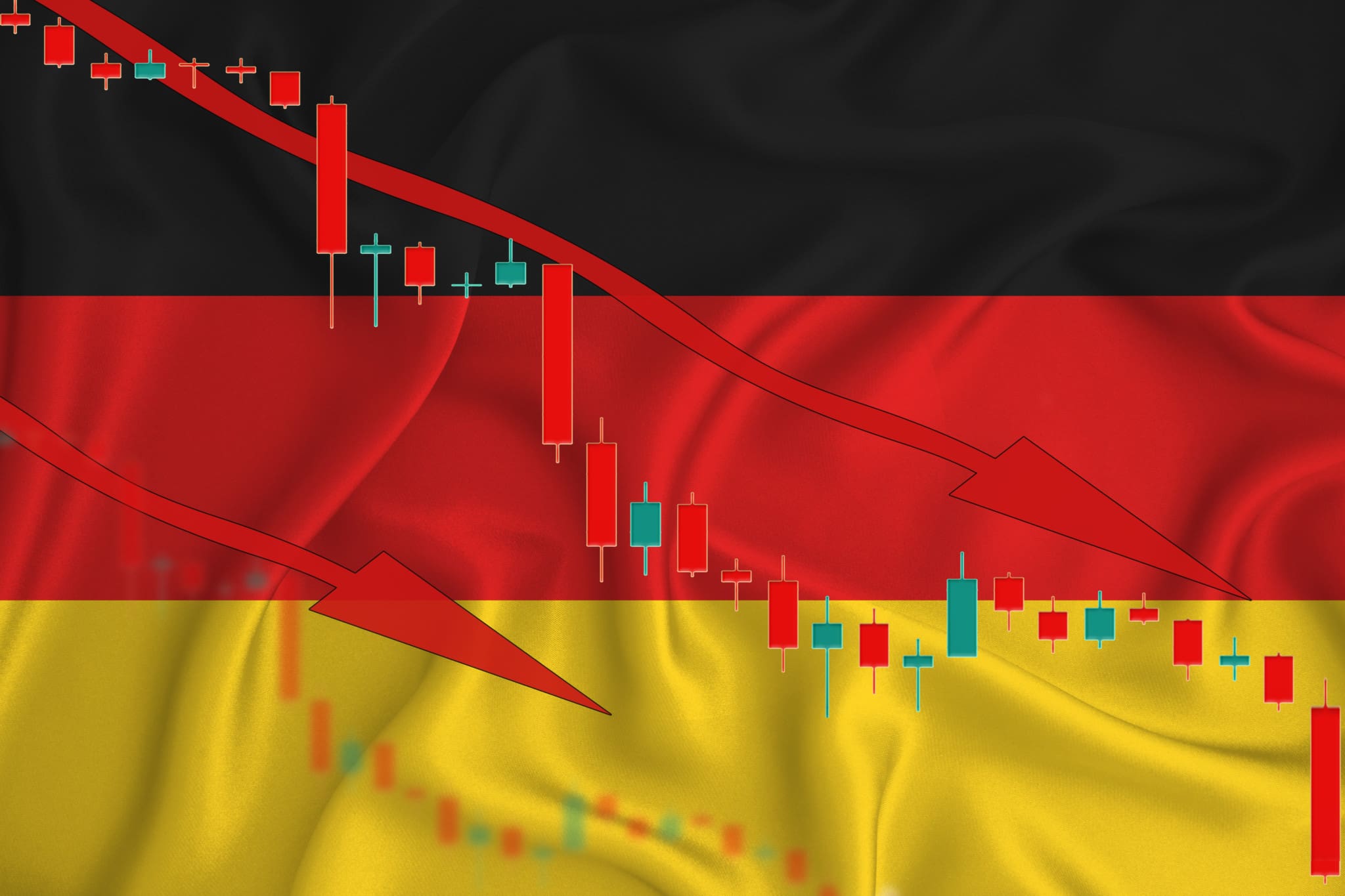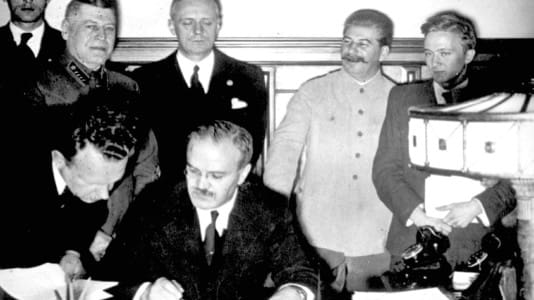A key economic data point reading, which has dropped to a shockingly low level, has left many economists saying the worst is ahead for Germany.
Germany’s HCOB Purchasing Managers’ Index (PMI) just plunged on Wednesday, from 48.5 to 44.7 points. The indicator is seen as a reliable forecast for how the German economy will develop over the near future, as it is a measure of confidence in the economy from industrial and business insiders.
These purchasing managers work within companies across Germany, and when times are good, they are aggressively purchasing materials, goods, and resources in the expectation that demand will remain strong. However, they also tighten the purse strings when they believe the economy is headed south.
The HCOB data point shows that purchasing managers currently have little faith in the future of the German economy, and in turn, this lack of confidence could lead to a further erosion of confidence. The HCOB PMI has now fallen for the fourth month in a row, hitting its lowest level since May 2020. That date is notable, as that is when the Covid-19 pandemic was raging and the German economy had come to a partial standstill, Die Welt reports.
Even more dramatic is what a detailed look at the sectors reveals. For example, PMI for the industrial sector did rise minimally, from an abysmal 38.8 points to a scarcely less abysmal 39.1 points. However, this slight improvement is hardly cause for celebration.
“Looking at the Purchasing Managers’ Index for the manufacturing sector gives you chills in the middle of midsummer,” says Thomas Gitzel, chief economist at VP Bank. “Industry continues to suffer from weak global economic development, high interest rates, and geopolitical tensions. This will not change for the time being.”
PMI is seen as a canary in the coal mine, reacting to change in the overall economic environment. It is not expressed in percentage terms but is instead an absolute number with a value between 0 and 100, where any figure over 50 percent shows growth and under 50 marks a decline.
Germany entered recession this year, with critics pointing to policies from the country’s left-wing government as fueling the crisis. For decades, Germany relied on cheap natural gas from Russia to fuel its industrial base and keep inflation in check, but now Germany and many other European countries are increasingly reliant on expensive energy supplies from the United States and the Middle East. At the same time, Germany phased out nuclear power, embarked on a costly migration experiment, and is pushing for green energy goals that industry is warning will sink the German economy.
The PMI data show that even the service sector, seen as one area the government was hoping would prop up the German economy, is also in trouble.
“In industry, the warning lights remain on red despite a barely noticeable improvement, and even service providers are reporting noticeable declines in business,” says Christoph Swonke, economic analyst at DZ Bank. “At the midpoint of the third quarter, the survey results are thus signaling a significant weakening of overall economic activity.”
In the IMF’s July forecast, Germany was already the only industrialized country for which the IMF predicted a recession. At least it still looked like a slight slowdown then, but now it seems to be turning into a real crash. Germany continues to perform significantly worse than the rest of Europe.






